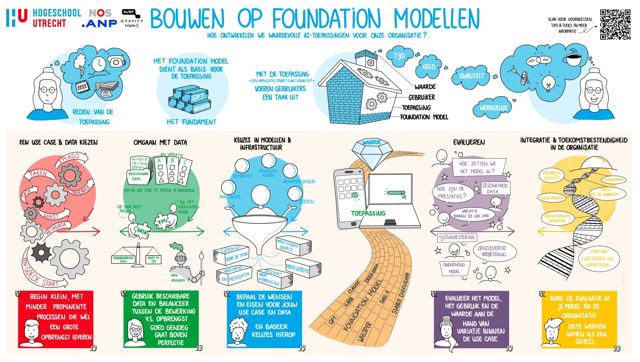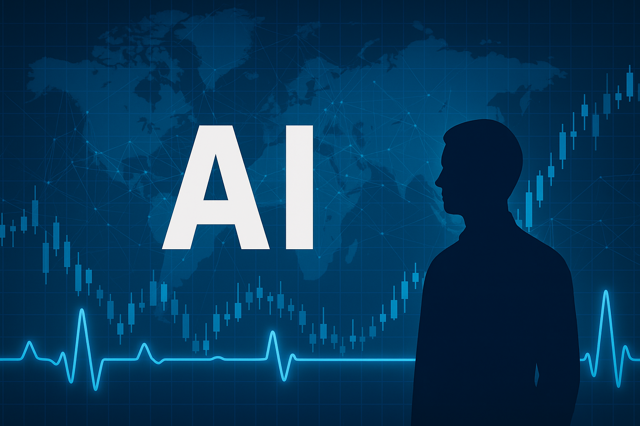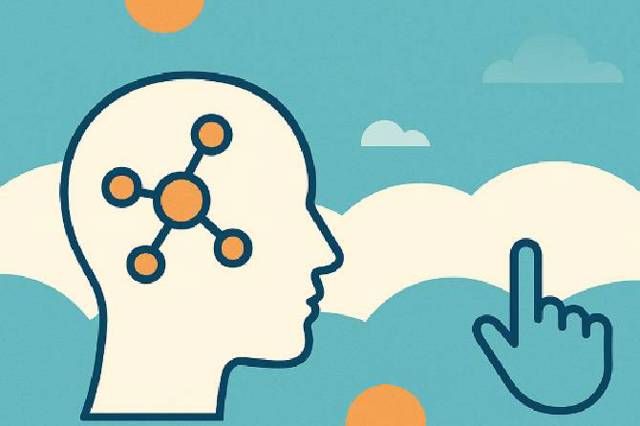< Back to news
Digitalisation as a solution to challenges 


27 December 2023
Political call: AI remains human work, right now multidisciplinary collaboration
The elected political parties face important tasks in the Netherlands. Besides forming a cabinet, there are also several social issues that require urgent solutions or a breakthrough.
As far as the NL AIC is concerned, digitisation and AI in particular play an important role in solving these societal challenges.
The development of Artificial Intelligence (AI) cannot be stopped in a democratic community with open (internet) borders, but it can be steered. Besides regulating AI applications and avoiding unwanted AI through European regulations such as in a forthcoming AI Act, it is also important to continue actively pursuing responsible, human-centred AI for economic as well as societal benefit. This just does not seem to be high on the agenda of many parties.
Digitalisation as a solution to challenges
Challenges abound, in healthcare, in energy transition, in the housing sector, in mobility, in education, in sustainability and food supply, but also in security and protection of our democracy. Looking ahead and investing more in AI knowledge and applications where we in the Netherlands can make a difference and where we want to maintain our autonomy is an important starting point here.
This requires knowledge about AI, from young to old, in all professions and all sections of society. And it is all about working together, especially now. The NL AIC calls on political parties to proactively use AI and digitalisation for the challenges facing the Netherlands. We work together in the NL AIC with many disciplines and stakeholders to realise responsible AI applications that are badly needed for prosperity and well-being in the future.
European framework
Also read this article on the website of the Dutch AI Coalition (in Dutch).
© NL AI Coalition
This requires knowledge about AI, from young to old, in all professions and all sections of society. And it is all about working together, especially now. The NL AIC calls on political parties to proactively use AI and digitalisation for the challenges facing the Netherlands. We work together in the NL AIC with many disciplines and stakeholders to realise responsible AI applications that are badly needed for prosperity and well-being in the future.
European framework
Cooperation will also be necessary in a European framework, because there are many common interests that a single country cannot achieve enough on its own. European cooperation is also going to help scale up investments, data and computing power necessary to develop human-centred AI systems.
Finally
The Dutch AI Coalition is happy to enter into dialogue and, as a public-private partnership of more than 500 parties, has the ambition to fully exploit the opportunities of AI for the Netherlands, in a European context. And is happy to commit to this with all stakeholders from government, industry, educational and knowledge institutions, civil society organisations and residents of the Netherlands.
Also read this article on the website of the Dutch AI Coalition (in Dutch).
© NL AI Coalition
Vergelijkbaar >
Similar news items

May 29
Building responsibly on foundation models: practical guide by Utrecht University of Applied Sciences and RAAIT
Researchers from RAAIT have published a practical guide for organisations aiming to develop AI applications using foundation models. The guide supports responsible decision-making.
read more >

May 29
SER: Put people first in the implementation of AI at work
In a new advisory report, the Dutch Social and Economic Council (SER) calls for a people-centred approach to AI in the workplace, warning of risks to jobs and social cohesion.
read more >

May 27
🌞 Open Space: AI meets Science Communication – will you take the stage?
Are you working on AI with impact? Wondering how to talk about it with the world? Join us on Thursday 4 July for an open space afternoon on AI & Science Communication, co-organized by Amsterdam AI and NEWS (the Dutch national centre for science & society).
read more >